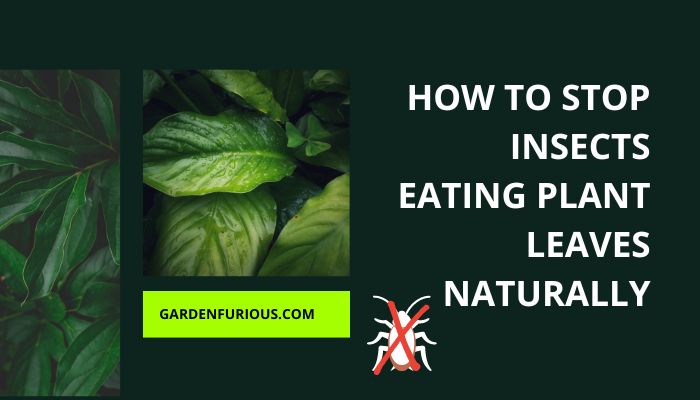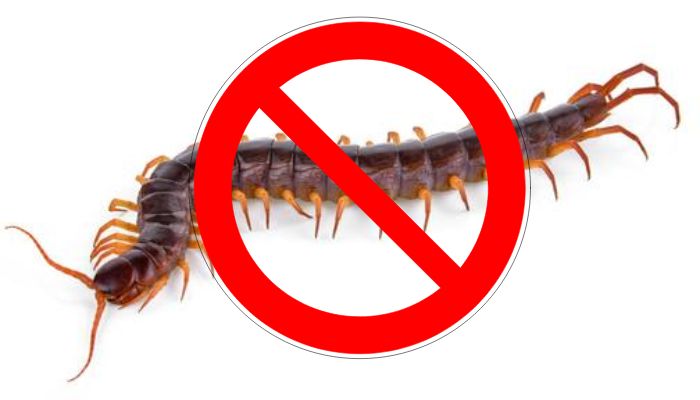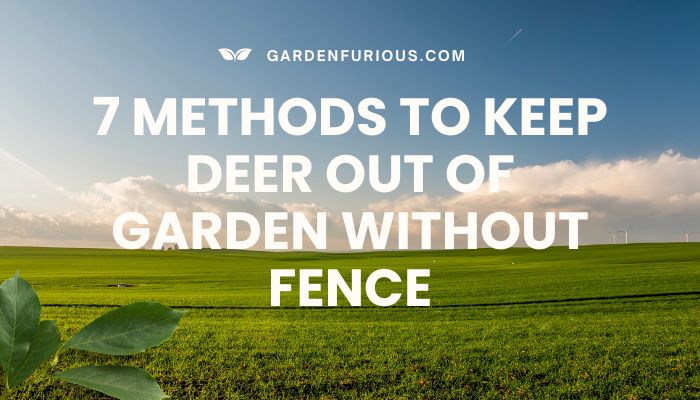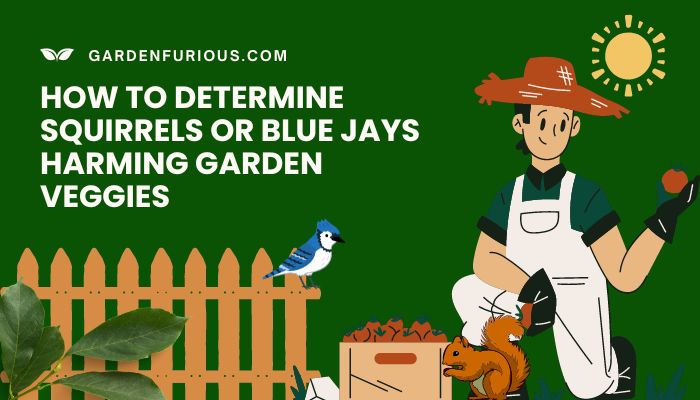Are pesky insects turning your garden into a feeding ground? Keeping your plants healthy and free from insects without resorting to harsh chemicals is a common concern for many gardeners. Luckily, there are plenty of natural methods to deter insects and protect your plants. These simple yet effective solutions will help you maintain a thriving garden. Here are some proven ways to stop insects from munching on your precious plants.
1. Use Homemade Sprays for Instant Protection
One of the most effective ways to keep insects away from your plants is by making your own insect-repellent sprays. Garlic and chili pepper spray is a popular choice for keeping pests at bay. To create this spray, blend a few cloves of garlic with some hot chili peppers and water. Once the mixture is strained, spray it directly onto your plants. The strong scent of garlic and chili deters insects like aphids and caterpillars. You can also create a simple soap and water solution. This method works particularly well against soft-bodied insects like mealybugs and spider mites by suffocating them without harming your plants. Another great option is using essential oils such as peppermint, eucalyptus, or lavender. Just a few drops diluted in water can repel pests while adding a pleasant aroma to your garden.
2. Incorporate Insect-Repelling Plants
Companion planting is a natural way to deter insects. Some plants emit odors that insects hate, making them great natural repellents. Basil, lavender, rosemary, and mint are particularly good at keeping insects away. By planting these herbs around vulnerable crops like tomatoes, cucumbers, and cabbage, you can naturally protect your garden. For example, lavender not only deters aphids but also adds a fragrant touch to your garden. Additionally, marigolds are known to repel harmful nematodes and aphids when planted near vegetables like tomatoes and squash. Including these plants in your garden is a beautiful and functional way to stop insects from feeding on your plants.
3. Use Natural Barriers
Sometimes, the best way to keep insects away is by creating physical barriers between them and your plants. Floating row covers made of lightweight fabric can be placed over your plants to block pests while allowing air, water, and sunlight to reach the crops. This is particularly useful for protecting vegetables like lettuce, carrots, and broccoli from caterpillars and beetles. For crawling insects like slugs and snails, scattering eggshells around your plants creates a rough barrier that pests will avoid crossing. Diatomaceous earth, a natural powder made from crushed fossilized algae, can also be sprinkled around plants to deter crawling insects by damaging their exoskeletons.
4. Encourage Beneficial Insects
Not all insects are bad for your garden. In fact, some insects like ladybugs and lacewings are natural predators of harmful pests like aphids and whiteflies. Encouraging beneficial insects can help control the pest population in your garden. You can attract these helpful insects by planting flowers like dill, fennel, and yarrow, which provide nectar and shelter. Another way to encourage beneficial insects is by creating a small water source, such as a shallow dish with stones, to provide them with a safe place to drink. With the right balance, beneficial insects can naturally help keep pests under control.
5. Use Organic Mulches
Organic mulches such as straw, wood chips, or compost can help keep insects away while also improving soil health. A thick layer of mulch around your plants discourages crawling insects like slugs and keeps soil-borne pests from reaching the plant stems. Mulching also helps retain moisture in the soil, which promotes healthy plant growth and makes them more resistant to pest attacks. Some gardeners even use coffee grounds or citrus peels in their mulch as a natural way to repel ants and slugs. By using organic mulches, you not only protect your plants but also enrich your garden soil.
6. DIY Natural Pest Traps
If you want to reduce the number of insects in your garden, setting up natural pest traps is a highly effective option. Yellow sticky traps are great for catching flying insects like aphids and whiteflies. These traps are coated with a sticky substance that attracts pests, trapping them before they can cause harm. For ground-dwelling insects like earwigs and slugs, a simple beer trap can work wonders. Bury a small container filled with beer at ground level. The pests are attracted to the smell of the beer, fall in, and are unable to escape. These natural traps are inexpensive and chemical-free, making them ideal for organic gardening.
FAQs
1. What is the best homemade spray to keep insects off plants? The most effective homemade spray is a garlic and chili pepper spray. The strong smell repels insects like aphids and caterpillars. Soap and water sprays are also effective against soft-bodied pests like mealybugs and spider mites.
2. How can I use essential oils to repel pests? Essential oils like peppermint, eucalyptus, and lavender can be diluted in water and sprayed on your plants to keep insects away. These oils are natural insect repellents and add a pleasant scent to your garden.
3. What plants repel insects naturally? Plants like basil, lavender, rosemary, mint, and marigolds are excellent at repelling insects. Plant them around vulnerable crops to protect your garden from pests.
4. Are physical barriers effective in protecting plants from insects? Yes, physical barriers like floating row covers and diatomaceous earth are highly effective in preventing insects from reaching your plants. These methods work without the use of chemicals and protect plants from both flying and crawling insects.
5. Can I attract beneficial insects to control pests? Absolutely. Planting flowers like dill, fennel, and yarrow can attract beneficial insects like ladybugs and lacewings, which naturally prey on harmful pests like aphids and whiteflies.
6. How do organic mulches help in pest control? Organic mulches like straw and wood chips create a physical barrier that prevents crawling pests from reaching plants. They also improve soil health, making plants more resistant to pest attacks.
Conclusion
Using natural pest control methods not only helps protect your plants but also promotes a healthy garden ecosystem. By employing homemade sprays, planting insect-repelling herbs, using physical barriers, encouraging beneficial insects, and applying organic mulches, you can effectively stop insects from eating your plant leaves without resorting to harmful chemicals. These methods are not only eco-friendly but also easy to implement, ensuring that your garden remains a vibrant and thriving space.





